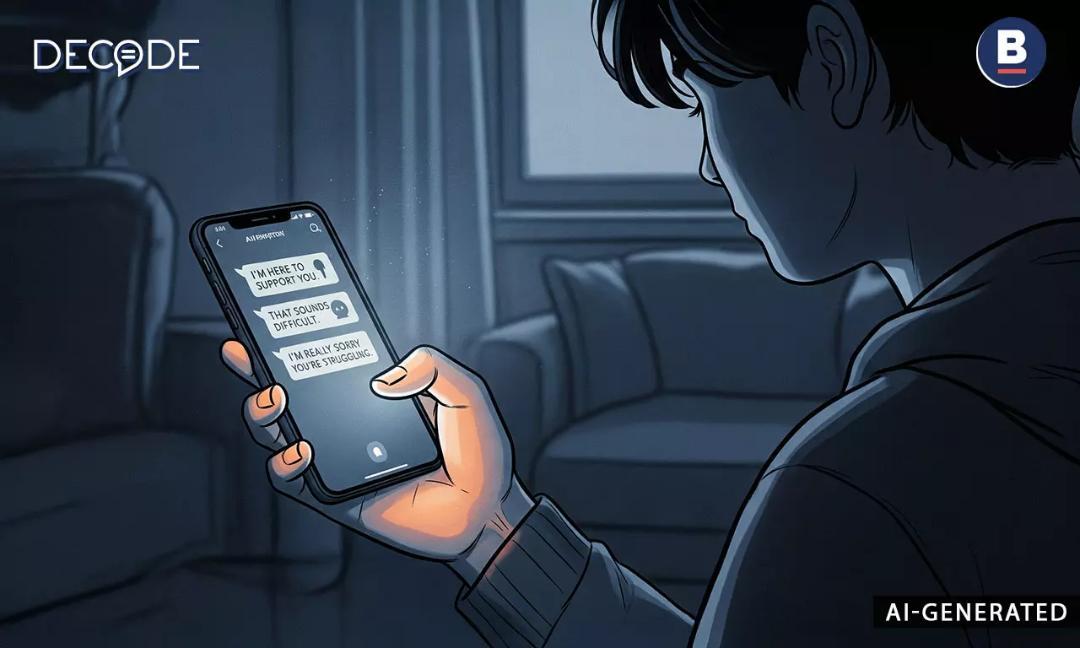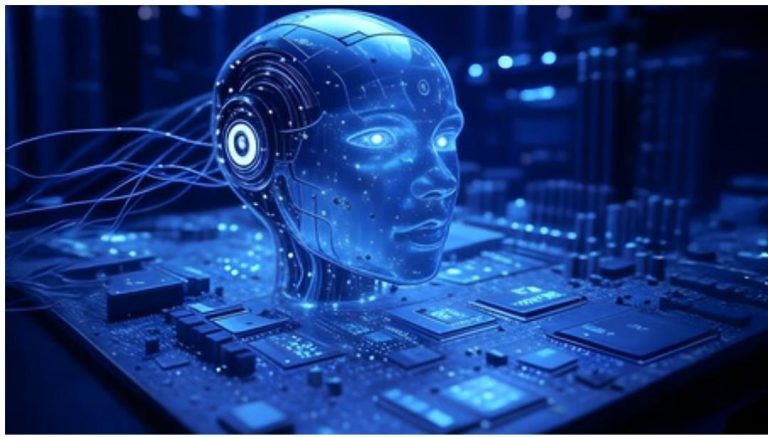
Why Indians are turning to AI for therapy, not people
In recent years, the Indian mental health landscape has witnessed a significant shift. With traditional therapy options plagued by long wait times, high costs, and stigma, many individuals are turning to AI chatbots for mental health support. While AI-powered therapy offers instant, judgment-free relief, experts warn of serious risks, including addiction, false empathy, and dangerous advice. The lack of clear legal protections and accountability only adds to the concern. This growing reliance on AI for therapy reveals deep gaps in India’s mental healthcare system, leaving many to wonder if technology is the solution or part of the problem.
The Rise of AI Therapy in India
The rise of AI therapy in India can be attributed to several factors. One of the primary drivers is the widespread availability of smartphones and internet connectivity, which has made it easier for people to access mental health support from the comfort of their own homes. Additionally, the stigma surrounding mental health issues has led many individuals to seek help discreetly, without feeling the need to consult a human therapist.
Another significant factor is the convenience factor. AI chatbots offer instant support, 24/7, without the need for appointments or travel. This convenience is particularly appealing to those living in rural areas or with busy schedules, where accessing traditional therapy options may be challenging.
The Benefits of AI Therapy
Proponents of AI therapy argue that it offers several benefits, including:
- Instant Support: AI chatbots provide instant support, which is particularly crucial for individuals experiencing a mental health crisis.
- Accessibility: AI therapy is accessible to anyone with a smartphone and internet connection, making it an ideal solution for rural areas or those with limited access to traditional therapy options.
- Non-judgmental: AI chatbots offer a non-judgmental space for individuals to express themselves, which can be particularly beneficial for those who feel uncomfortable discussing their mental health with a human therapist.
- Cost-effective: AI therapy is often more affordable than traditional therapy options, making it a more accessible solution for those with limited financial resources.
However, experts warn that the benefits of AI therapy come with significant risks.
The Risks of AI Therapy
While AI chatbots may offer instant support, they lack the emotional intelligence, empathy, and understanding that human therapists provide. This can lead to several risks, including:
- Addiction: AI chatbots can become a crutch for individuals, leading to addiction and dependence on technology for mental health support.
- False Empathy: AI chatbots may provide false empathy, which can be harmful to individuals seeking genuine emotional support.
- Dangerous Advice: AI chatbots may provide dangerous advice or treatment recommendations, which can exacerbate mental health issues rather than improving them.
- Lack of Accountability: AI chatbots do not have clear legal protections or accountability, which can lead to a lack of responsibility and transparency in the mental health support they provide.
The Gaps in India’s Mental Healthcare System
The growing reliance on AI for therapy reveals deep gaps in India’s mental healthcare system. These gaps include:
- Lack of Access: Many parts of India lack access to mental health services, particularly in rural areas.
- Limited Resources: Mental health services are often under-resourced, leading to long wait times and limited availability.
- Stigma: Mental illness is often stigmatized in Indian society, leading many individuals to seek help discreetly or not at all.
- Insufficient Training: Many mental health professionals in India lack adequate training and resources to provide effective therapy.
Conclusion
While AI chatbots may offer instant support and convenience, they lack the emotional intelligence, empathy, and understanding that human therapists provide. As India’s reliance on AI for therapy grows, it is essential to address the gaps in the country’s mental healthcare system. This includes increasing access to mental health services, providing sufficient training and resources to mental health professionals, and reducing stigma around mental illness.
In conclusion, the growing trend of Indians turning to AI for therapy, rather than people, is a complex issue that requires a nuanced approach. While AI chatbots may offer instant support, they lack the emotional intelligence and understanding that human therapists provide. It is essential to address the gaps in India’s mental healthcare system and provide individuals with access to comprehensive, human-centered therapy.
News Source:
https://www.boomlive.in/decode/ai-therapy-india-mental-health-solution-risks-benefits-29081






